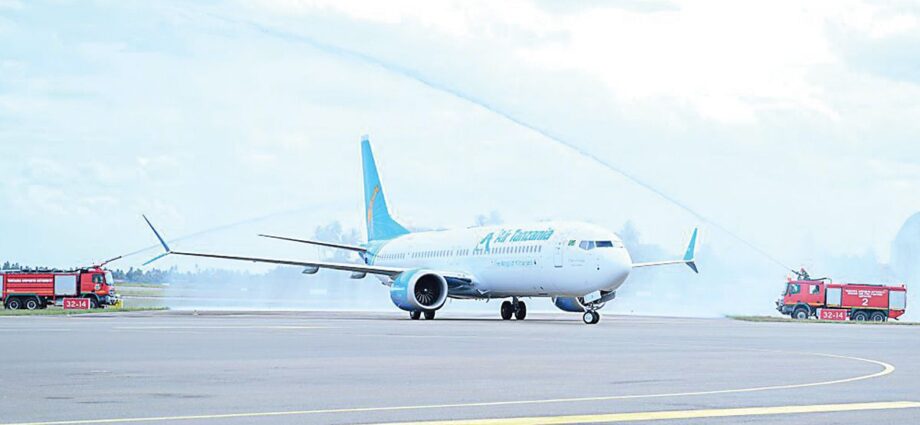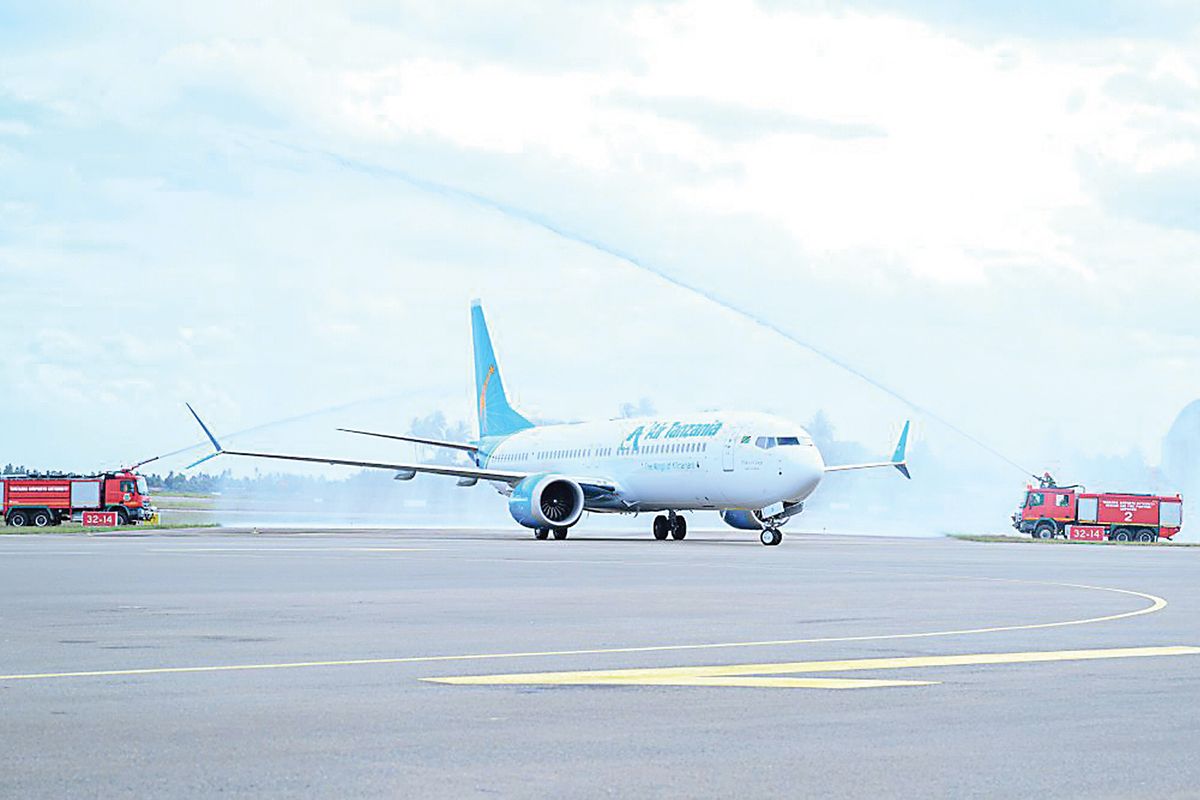If a song was ever to be written and sung as a prelude to the annual presentation of reports by the Controller and Auditor General (CAG), the name, Air Tanzania Company Limited (ATCL), would, undoubtedly, be the main feature of the chorus. How could it not be, given its notoriety for huge losses? On March 28, 2024, The Citizen reported, “Air Tanzania leads loss-making parastatals despite government investment.”
ATCL is not bashful; it also leads as a recipient of government handouts. In the last eight years, ATCL has gobbled down government subsidies amounting to at least Sh3.63 trillion (about $1.4 billion), with no signs that its thirst for more taxpayers’ money has been quenched. It has been like pouring water on the hot Sahara Desert sand.
It is important to note that the billions of shillings of subsidies being poured into ATCL benefit mostly the affluent and people of better means, and not the poor. The poor can hardly afford bus fares, let alone airfares.
The trend of ATCL’s losses is shocking, to say the least – Sh23.6 billion, Sh35.24 billion, and Sh56.64 billion in financial years 2020/21, 2021/22, and 2022/23, respectively. As astounding as these numbers might be, they do not actually reveal the full magnitude of losses.
This is because there are some hidden costs to taxpayers that cannot be discovered even by the most thorough investigation and auditing by the CAG.
For example, during President Magufuli’s reign, government employees (and CCM officials) were required, not officially, but the message was clear, to use Air Tanzania for all domestic business trips.
That meant Air Tanzania had monopoly power with respect to trips by government employees. Most likely airfares for those employees were higher than what they would have paid to travel with private airlines. That is an example of an additional cost to tax payers that is too subtle to be captured by CAG’s investigations.
In the last few years, the government of Tanzania has been on a shopping spree for new aircraft, supposedly, to expand services and reverse the trend of ATCL’s losses. Yet, the end to these losses is nowhere in sight. A standard response from ATCL about losses is that investments (in new aircraft) will produce profits in the long-run. A typical response from the government about the losses is usually to fire the head of ATCL and make some tough statements about oversight.
A famous quote by John Maynard Keynes, one of the most influential economists, is that, “in the long-run we are all dead.” Air Tanzania may have a different notion of what long-run means, but it has never made a profit since it was established in 1977. It failed to do so even when it had a pure monopoly in domestic flights, in the late 1970s and 1980s.
Instead, its monopoly power made it notoriously inefficient. At that time, ATCL was nick-named, “air labda” (air maybe). The flight schedules meant absolutely nothing.
The standard response when you asked about a delay, when you could find someone to ask, was, “hatujui ndege itakuja saa ngapi” (we don’t know what time the plane will get here). More than 45 years later, we are still waiting for those profits that were to be generated in the long run. Don’t hold your breath!
Frequent firing of ATCL’s leaders by the government is like putting “a bandage on a bullet wound.” Essentially, it is scapegoating a few individuals to give the public an impression that something is being done to address the problem. But this is not the case. ATCL is not run as a for profit company and these losses should not be treated as a surprise. They are not one person’s fault.
To make ATCL a profit-making company, it needs to be privatised. It may sound radical, but it is the only way this company can be run efficiently.
A joint venture solution was tried in the 1990s with South African Airways, but it proved to be a disaster.
Of course, the privatisation process cannot be rushed and it must be transparent. The contract should be drawn carefully to make sure that privatization promotes competition, instead of stifling it, in the airline industry.
If ATCL is kept as a government parastatal (or parasite, considering its losses) as a matter of national pride, then there is no need to complain about losses.
Instead, losses should be considered the price that the nation is willing to pay for its pride. However, taxpayers should be clear that ATCL is a bottomless money pit.
Richard Mshomba is Professor Emeritus of Economics at La Salle University, Philadelphia, PA 19141, USA. [email protected]















